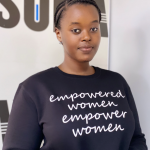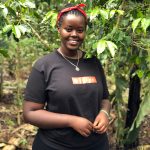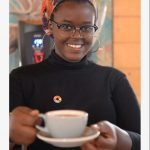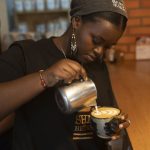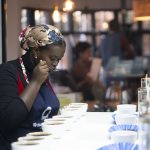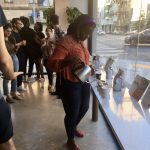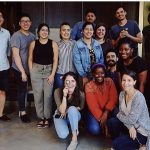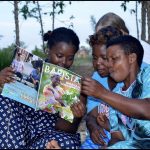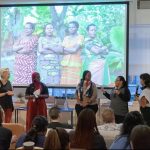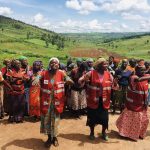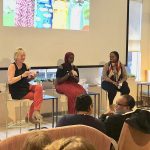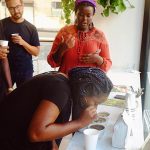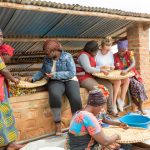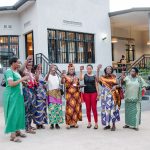Smayah Uwajeneza, 22, Question Coffee, Rwanda, East Africa
“I grew up in a country where the lives of innocent people are our guiding lights.”
This is my cooperative story.
I was born after the genocide in 1998 and my society taught me the value of giving back to communities. I learned that cooperation is the best way to forge equity, diversity and inclusion. Rwanda’s tragic story is a lesson to the world, and I believe it is only through cooperation that we were able to heal and rebuild our nation.
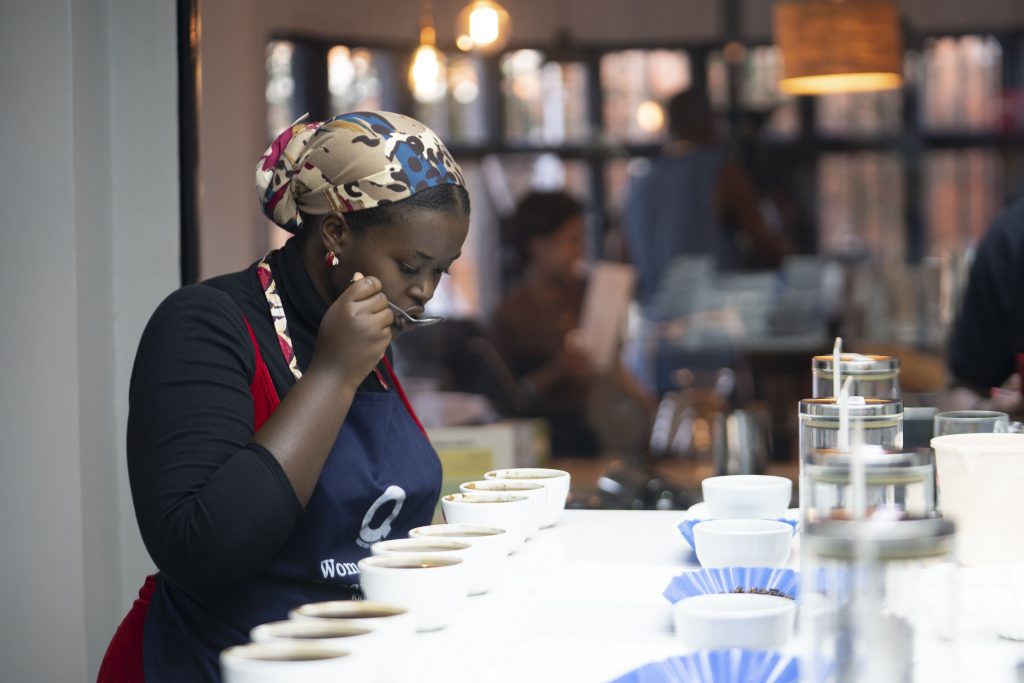
I started looking for a job the day I finished high school to help me pay for my college education. In 2018, I was very fortunate to find the opportunity to attend a training programme at Question Coffee, a social enterprise that teaches cooperatives of women farmers how to grow and produce coffee, unlocking their full potential as farmers and entrepreneurs.
It was then that I was officially introduced to coffee as a career. My first sip of espresso will never leave my memory! It was a challenge to drink coffee the first time. But because I needed to save money for college, I transformed this challenge into an opportunity, started my coffee journey, and worked to understand the story and science behind coffee.
I am lucky to work directly with these cooperatives of women farmers. From the beginning, they inspired me. What started as a way to save money for college turned into a love and passion for the “coffee life” and my job with Question Coffee. I offer these women farmers free training on best agricultural practices (seed-to-cup trainings) and give them access to trading partners to sell their coffee beans. Whenever I visit them, listening to their stories helps me understand that coffee is not just coffee, it is our life. Through these cooperatives I have learned the benefits of the common good, the importance of community, and the value of giving back to my community.
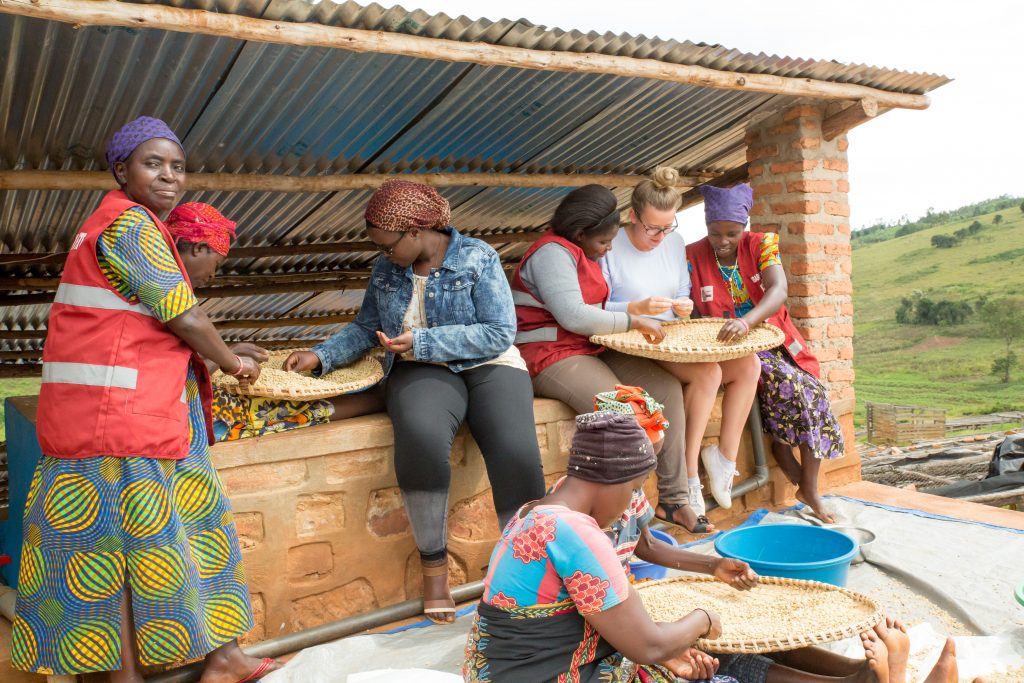
Today, I am a barista, roaster, trainer and buyer for Question Coffee. I frequently interact with these coffee cooperatives across Rwanda, including women coffee farmers who walk many miles barefoot – carrying coffee cherries on their heads and babies on their backs down the valley to washing stations to clean the fruits of their labour. They often survive on one meal per day, but strongly believe that by being members of cooperatives they can improve each other’s lives and livelihood. This inspires me and strengthens my resolve to continue supporting these women and the changes they work so hard to make.
In 2020, just two years after starting at Question Coffee, I became a full-time law student, attending University of Kigali, and continued working full time during the day. That same year, I was selected as one of the five inaugural LEAD Scholars, a programme aimed at increasing leadership diversity within the global coffee community. LEAD provides people from under-represented communities or marginalised communities with access to professional development resources. This gave me a platform to educate people in the USA about coffee. It also gave me the honour and privilege to represent and speak on behalf of 400,000 coffee farmers in Rwanda.
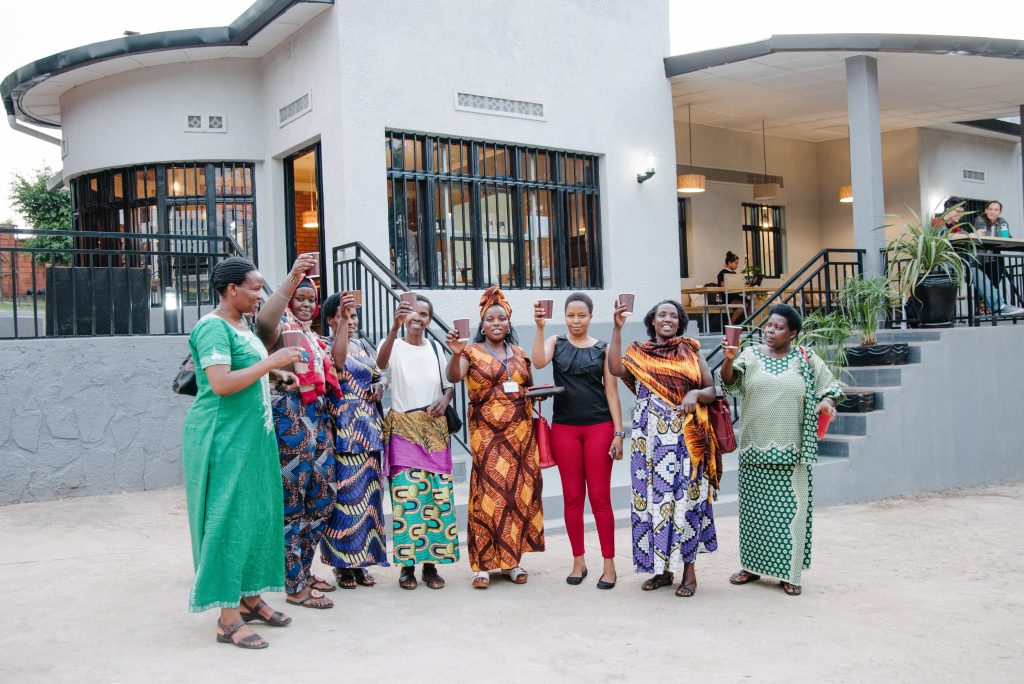
The Rwandan government strongly encourages farmers to work in cooperatives, not only for the sake of economic development and independence, but also to enhance unity and reconciliation. I believe that this is one of the keys to keep my country peaceful. Coming together as a nation was a start and staying together was a process. Continuing to work together successfully as cooperatives allows us to resolve conflicts peacefully. This will help us rebuild our nation and also empower the youth and people like me, to be the future of our communities.
The more we cooperate, the more diverse, strong and accommodating our society will be.

